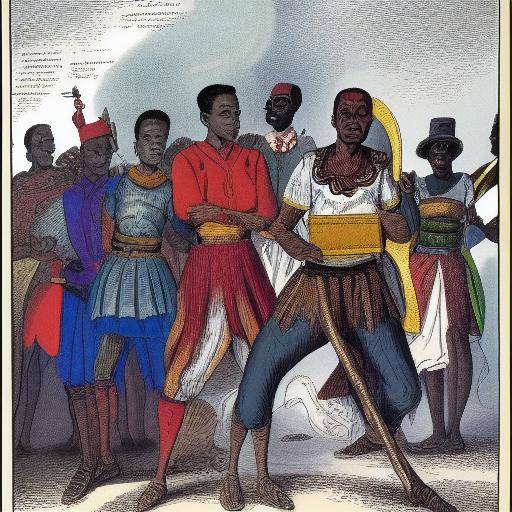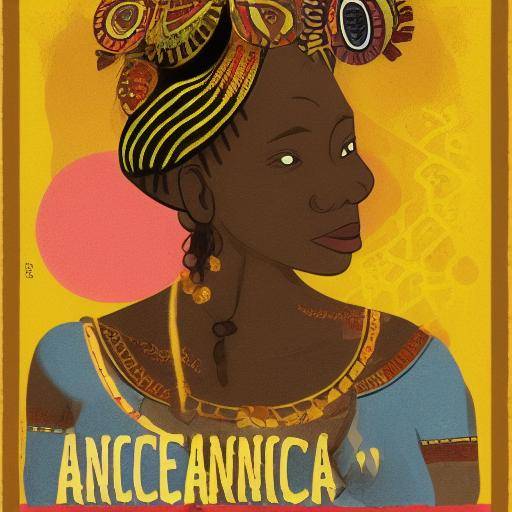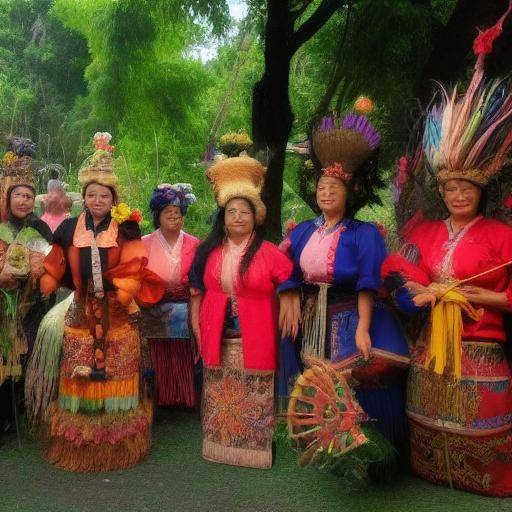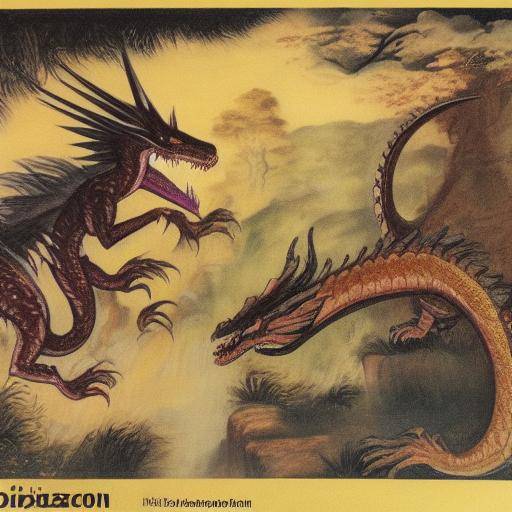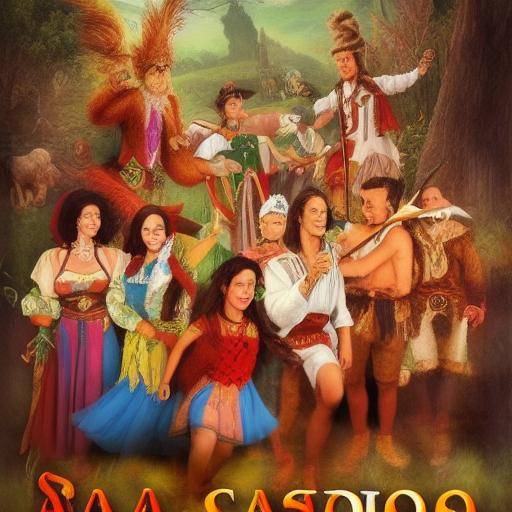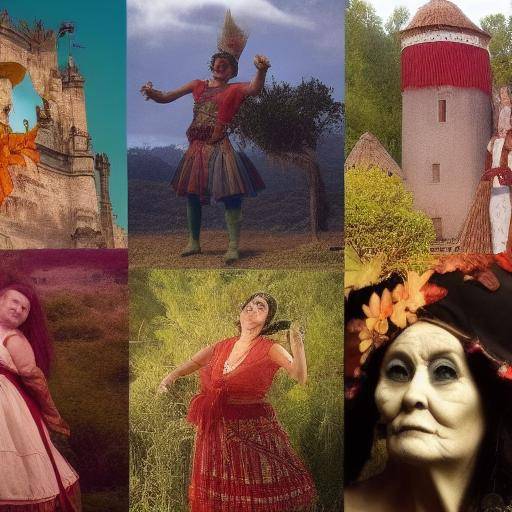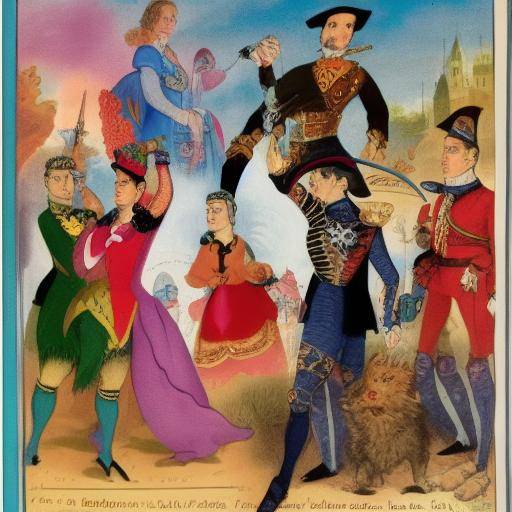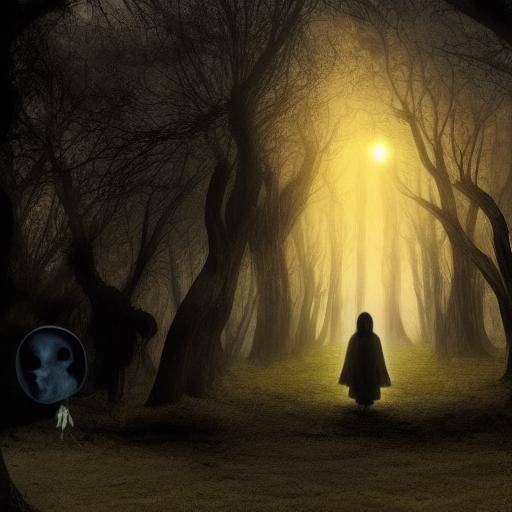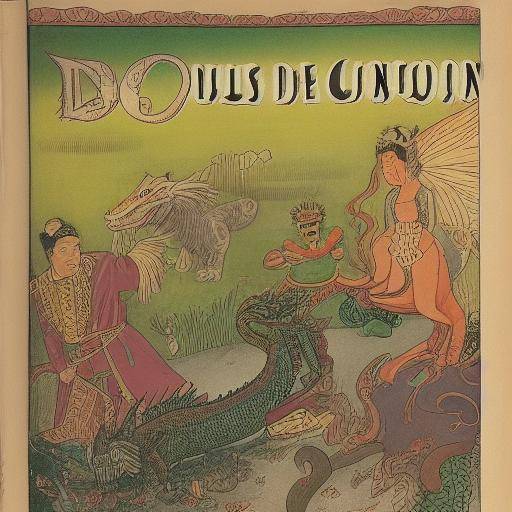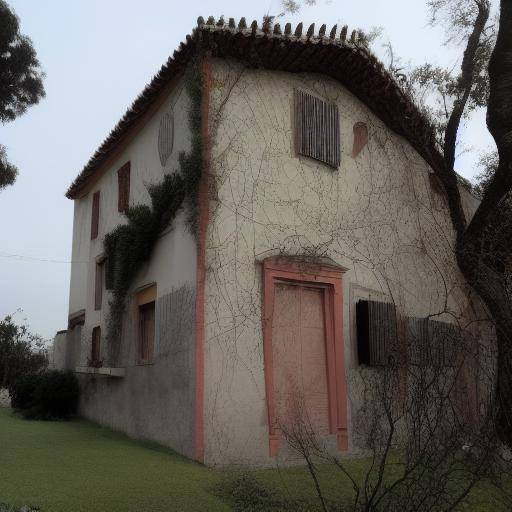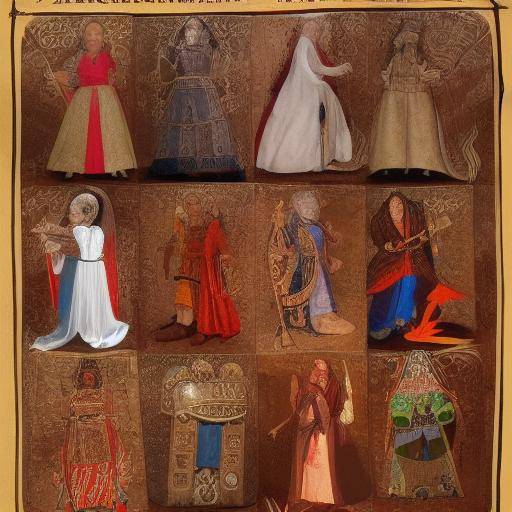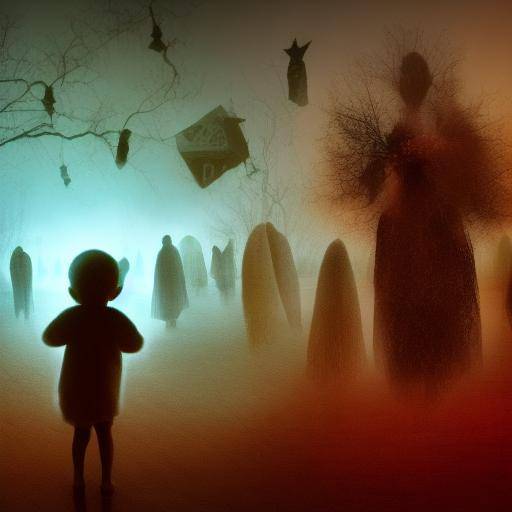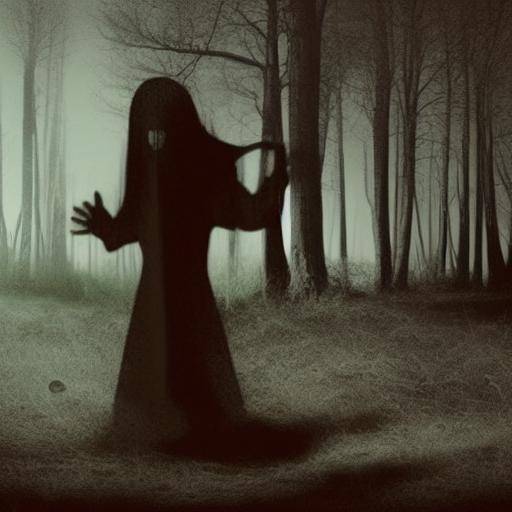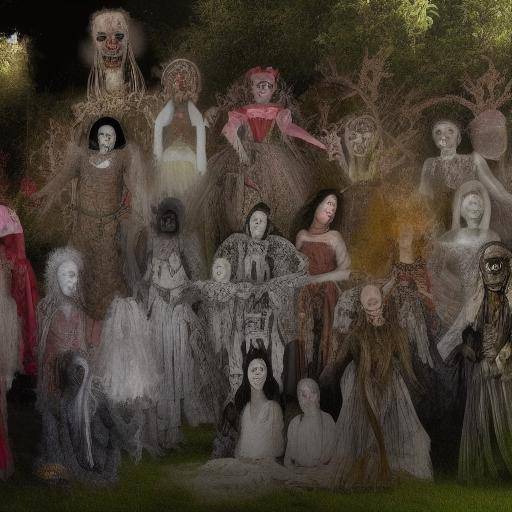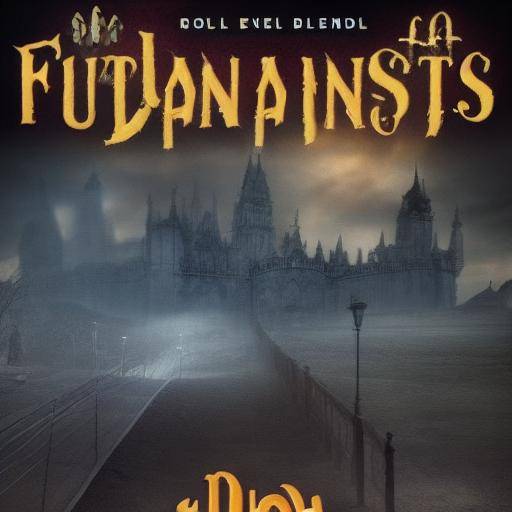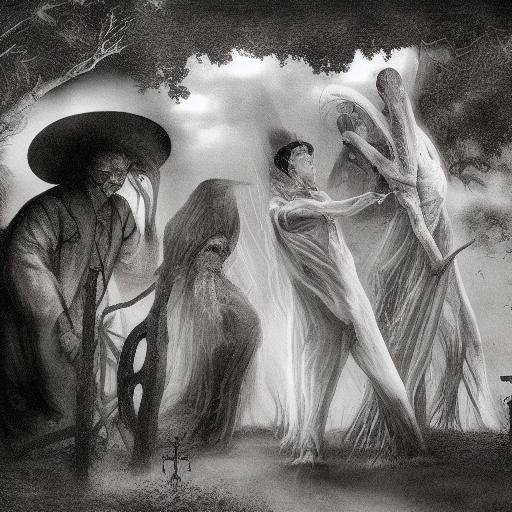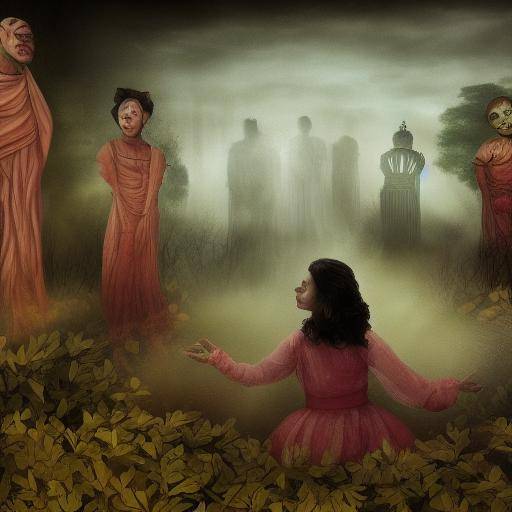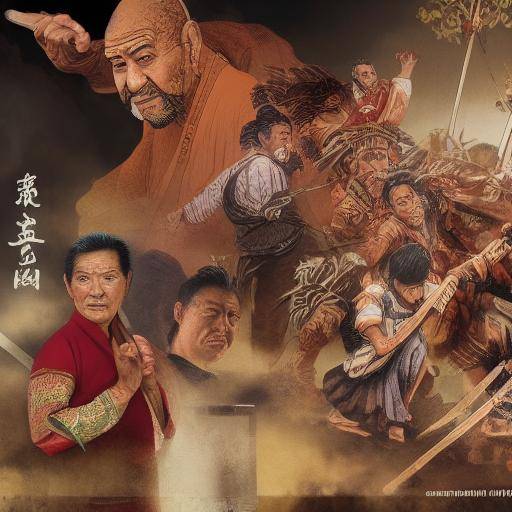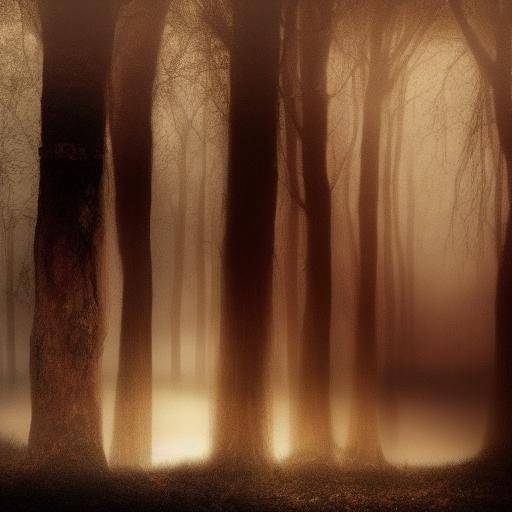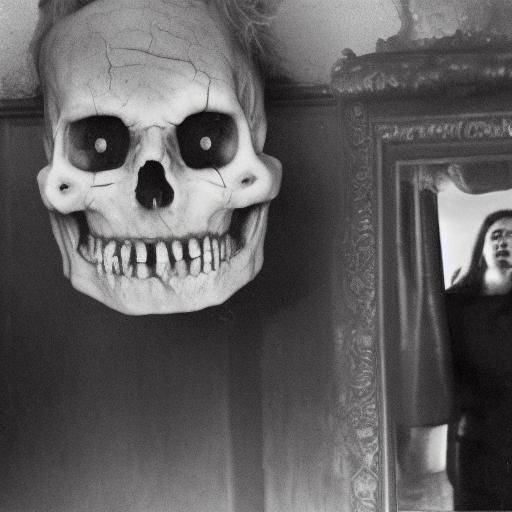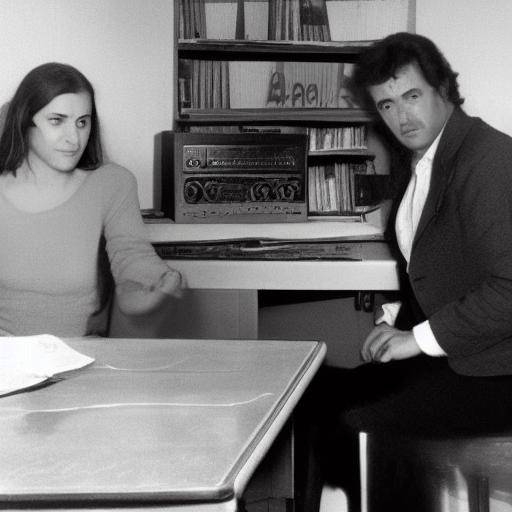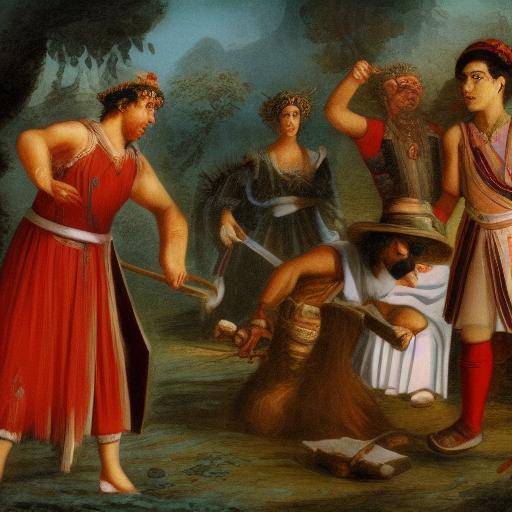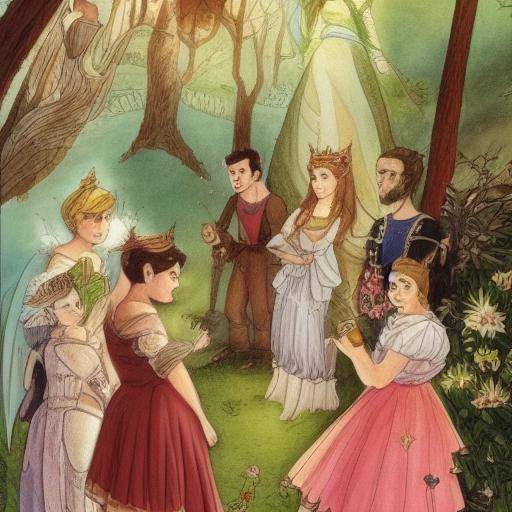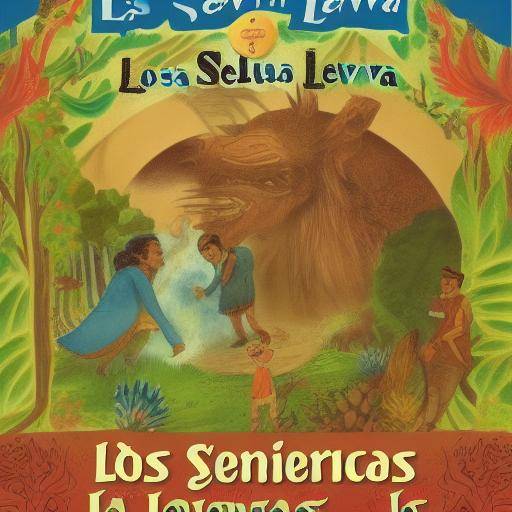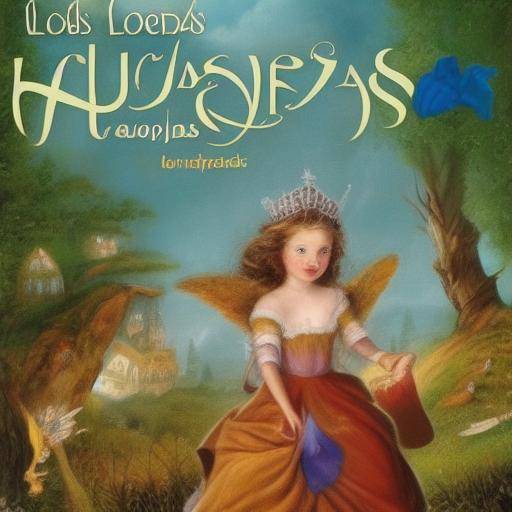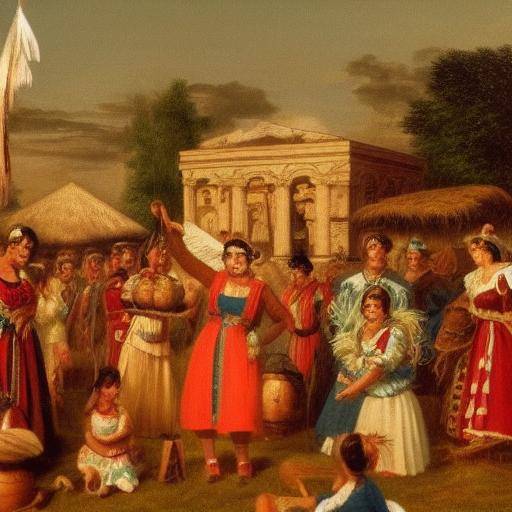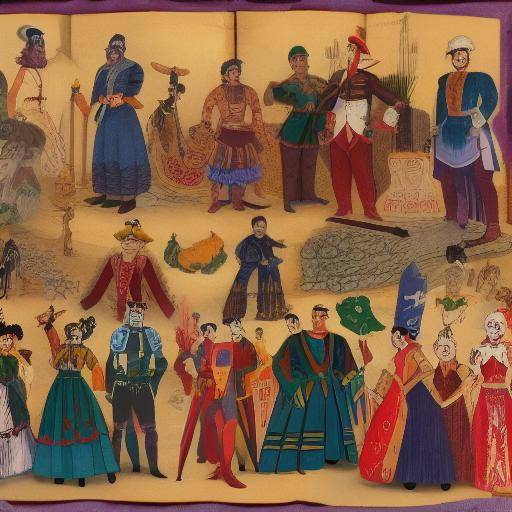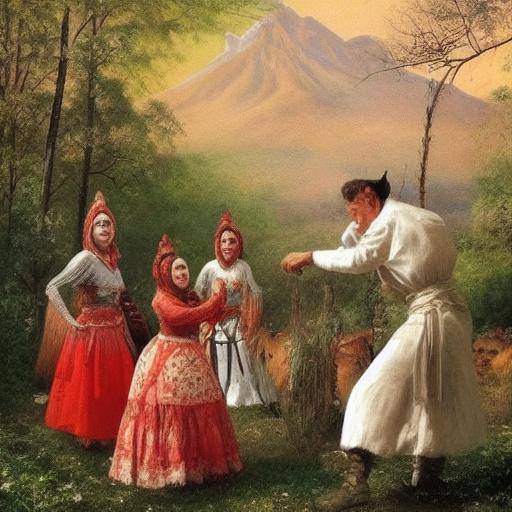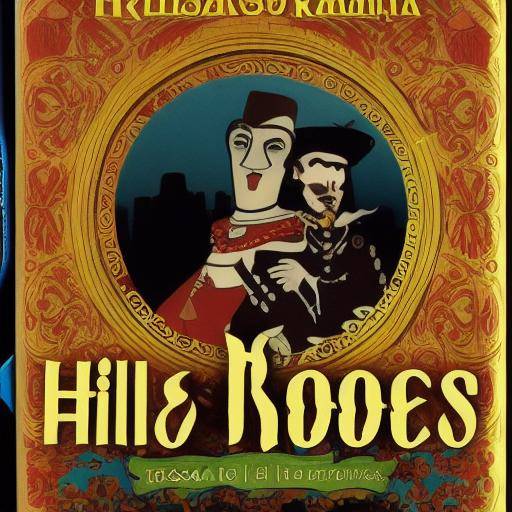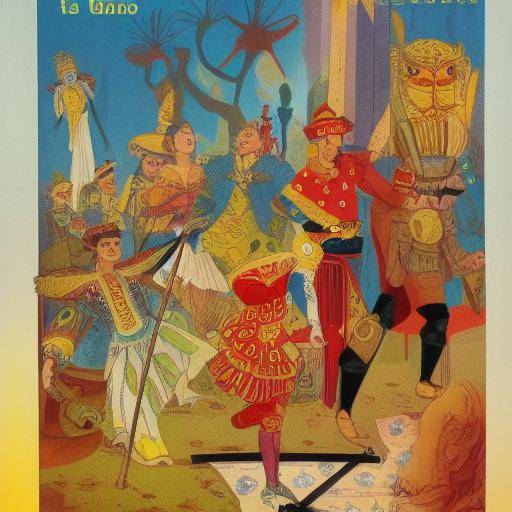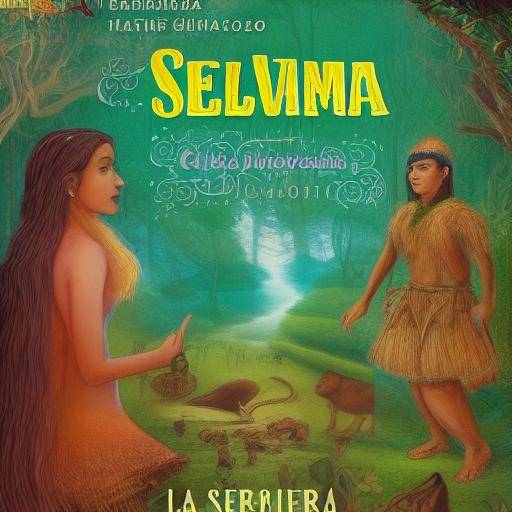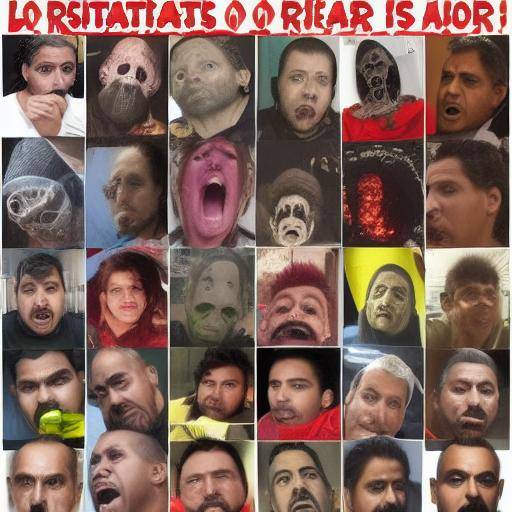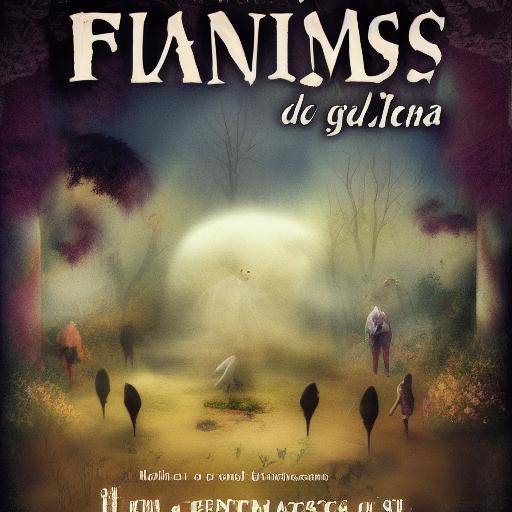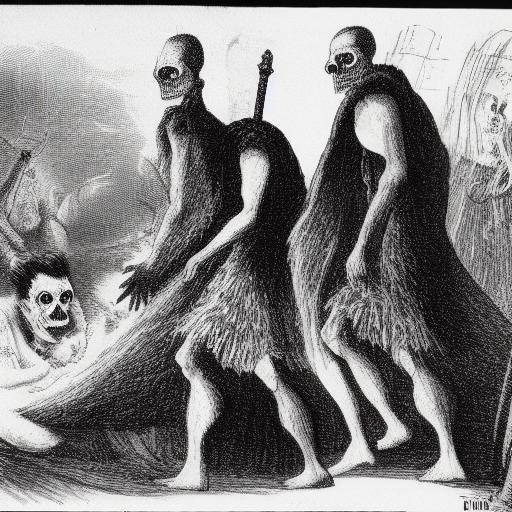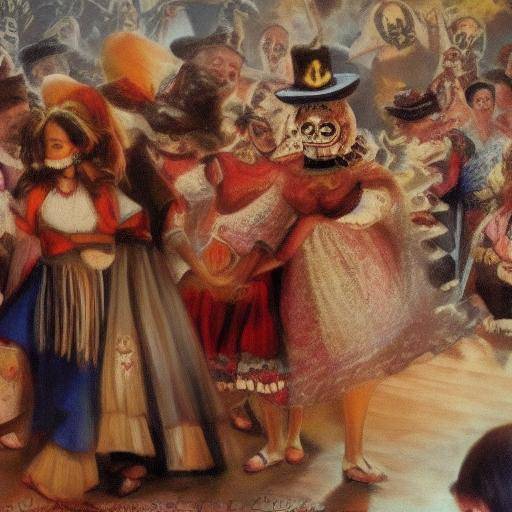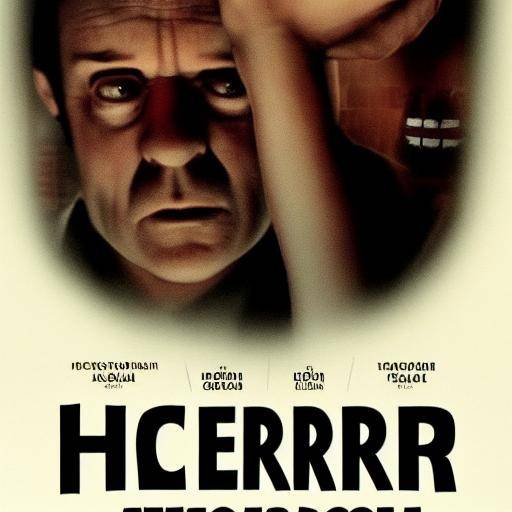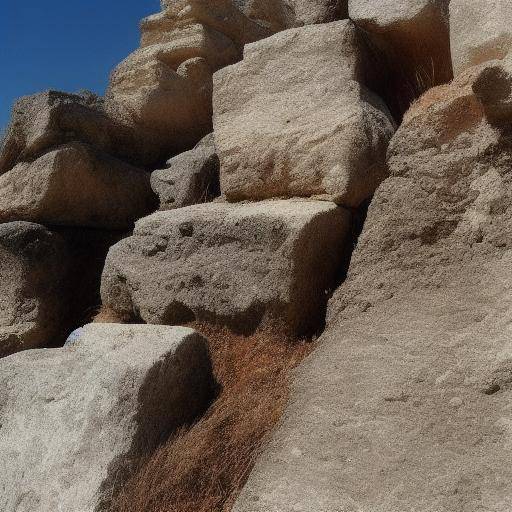
The world is full of mysteries and wonders that challenge our understanding. Among these mysteries are the elementals, supernatural beings that represent the elements of nature and have a great influence on the stories and mythologies of various cultures. In this article, we will explore in depth the fascinating history of the elementals, their relevance in different cultures, as well as their stories and legends.
Introduction
Since time immemorial, the elementals have been an integral part of the beliefs and mythologies of many societies around the world. The idea of beings that embody the basic elements of nature, such as fire, water, earth and air, has captured the imagination of humanity throughout history. These beings, known as elementals, have been venerated, feared and revered to the same extent, and their influence extends through multiple cultures and traditions.
In this article, we will immerse ourselves in the intriguing world of the elementals, exploring their origins, meanings in different cultures, and the stories surrounding them. We will also analyze the relevance of the elementals today, as well as their impact on popular culture and contemporary spirituality.
History and Background
The origins of belief in the elementals go back to ancient cultures, where the elements of nature were believed to be inhabited by divine spirits or beings. In Greek mythology, for example, the elementals were represented by the "primary gods", divine entities associated with the fundamental elements.
In the context of European spiritual traditions, especially in medieval times, the existence of the elementals was believed to be supernatural beings living in each of the elements. They were regarded as guardians of nature and were given magical powers related to their respective element.
During the Renaissance, the idea of the elementals experienced a resurgence, influencing alchemy and natural philosophy. The alchemists and scholars of the time were fascinated by the notion of beings who embodied the fundamental elements and sought to understand their nature and behavior.
Deep analysis
Throughout history, the belief in the elementals has evolved and intertwined with the spiritual and mystical traditions of different cultures around the world. While some cultures see them as benevolent entities, others consider them capricious and dangerous beings whose anger must be avoided.
Today, the idea of the elementals remains a subject of interest within contemporary spirituality, with many followers of alternative spiritual practices seeking to connect with these beings to obtain guidance, protection or wisdom.
Exhaustive examination
At present, elementals remain a source of inspiration in literature, art, music and popular culture in general. His stories and legends have been adapted and reinterpreted in numerous works of fiction, making them part of the collective imagination of humanity.
Comparative analysis
Compare and contrast the different concepts of elementals, supernatural beings and their stories in different cultures.
Practical Tips and Accessible Tips
Provide practical advice and specific actions related to the concepts of elementals, supernatural beings and their stories.
Information and Views of Industry Experts
Present information and expert opinions to enrich the content.
Case Studies and Real Life Applications
Case analysis and practical applications related to the concepts of elementals, supernatural beings and their stories.
Future Trends and Predictions
Explore emerging trends and future predictions in relation to deelemental concepts, supernatural beings and their stories.
Conclusion
In conclusion, the elementals represent a fascinating manifestation of the ancestral connection of humanity with the nature and elements that make up it. Throughout history, the elementals have played a leading role in mythologies, spiritual beliefs and artistic expressions of different cultures, and their influence endures until today.
Their presence in popular culture and their continued relevance in contemporary spiritual practices demonstrate that the concepts of elementals, supernatural beings and their stories possess a lasting appeal that transcends the barriers of time and space.
Frequently asked questions
1. What is the origin of belief in the elementals?
The belief in the elementals has its roots in ancient cultures, which saw these beings as guardians of the elements of nature and attributed them magical powers associated with fire, water, earth and air.
2. In which cultures are references to the elementals?
References to elementals can be found in cultures around the world, including Greek mythology, Celtic tradition, European alchemy, among others.
3. How have elementals been represented in literature and art?
The elementals have been represented in various forms in literature and art, from benevolent beings that protect nature to capricious and dangerous entities whose anger must be avoided.
4. What relevance do the elementals have in the current popular culture?
Elementals remain a source of inspiration in current popular culture, appearing in fiction, role plays, films, and other artistic expressions that reinterpret their stories and legends.
5. Do beliefs in elementals remain alive today?
Yes, many people who follow alternative spiritual practices keep beliefs alive in elementals as supernatural beings that can be connected with to obtain guidance, protection or wisdom.
6. How do the concepts of elementals, supernatural beings and their stories relate to contemporary spirituality?
The concepts of elementals, supernatural beings and their stories have a significant influence on contemporary spirituality, serving as a source of inspiration, connection with nature and search for transcendental meaning.
With this, we conclude our journey through the fascinating worlds of the elementals, supernatural beings and their stories, we hope that this article has been informative and enriching, inviting you to explore further these intriguing manifestations of human connection with nature and the supernatural.

